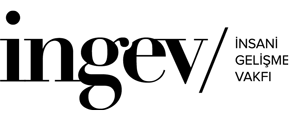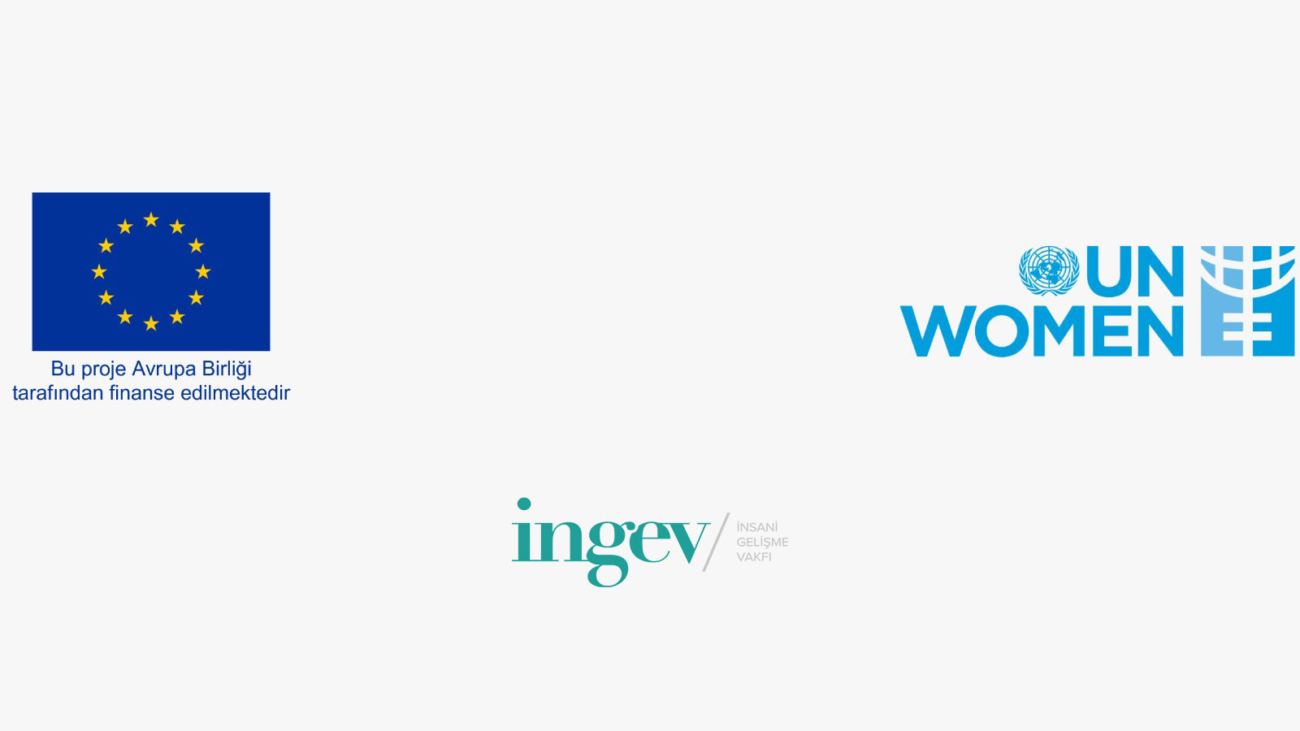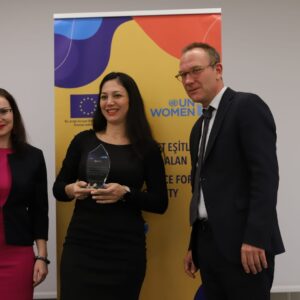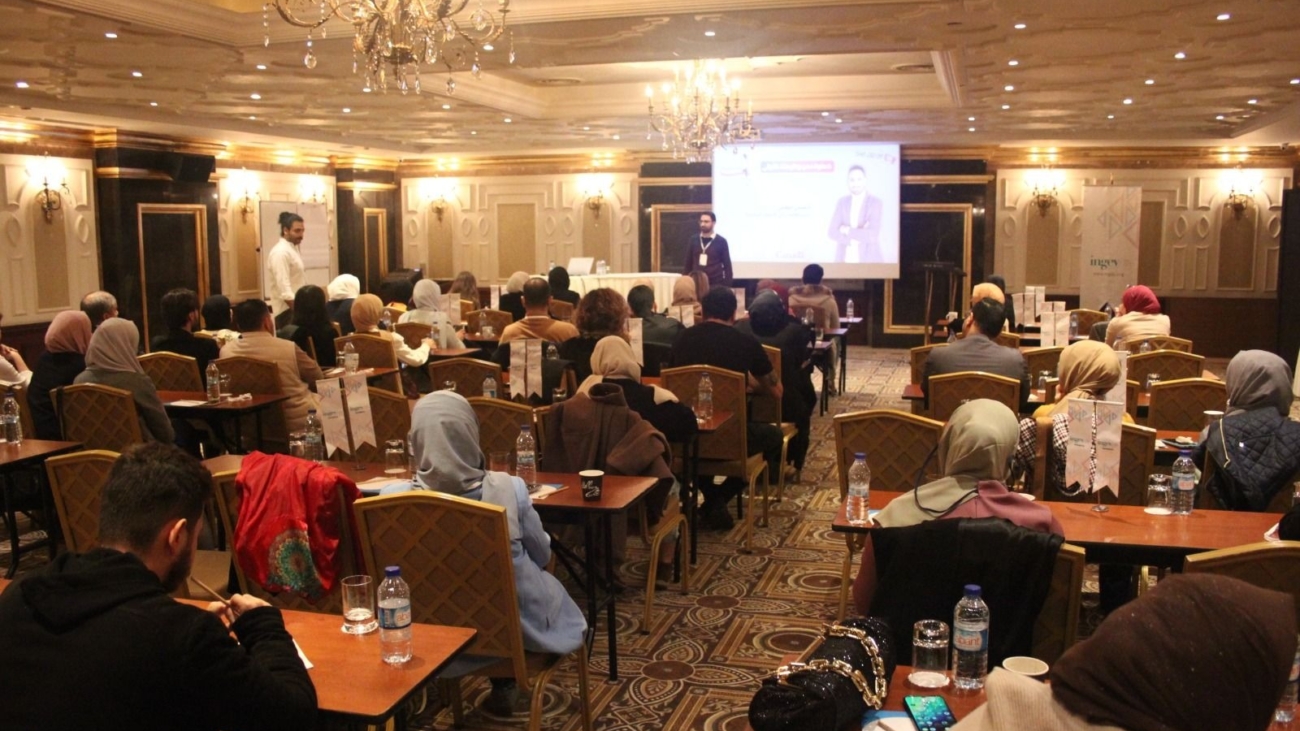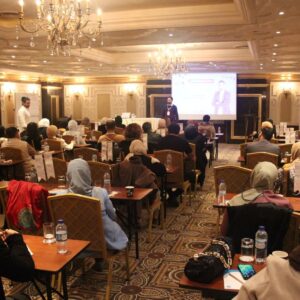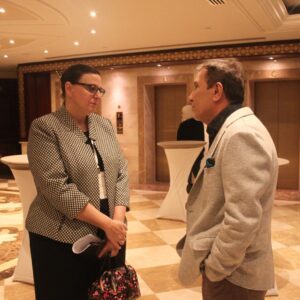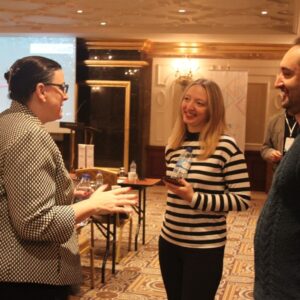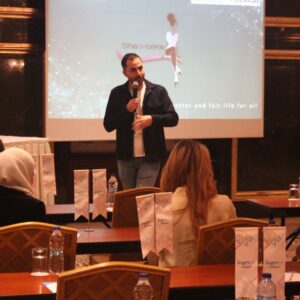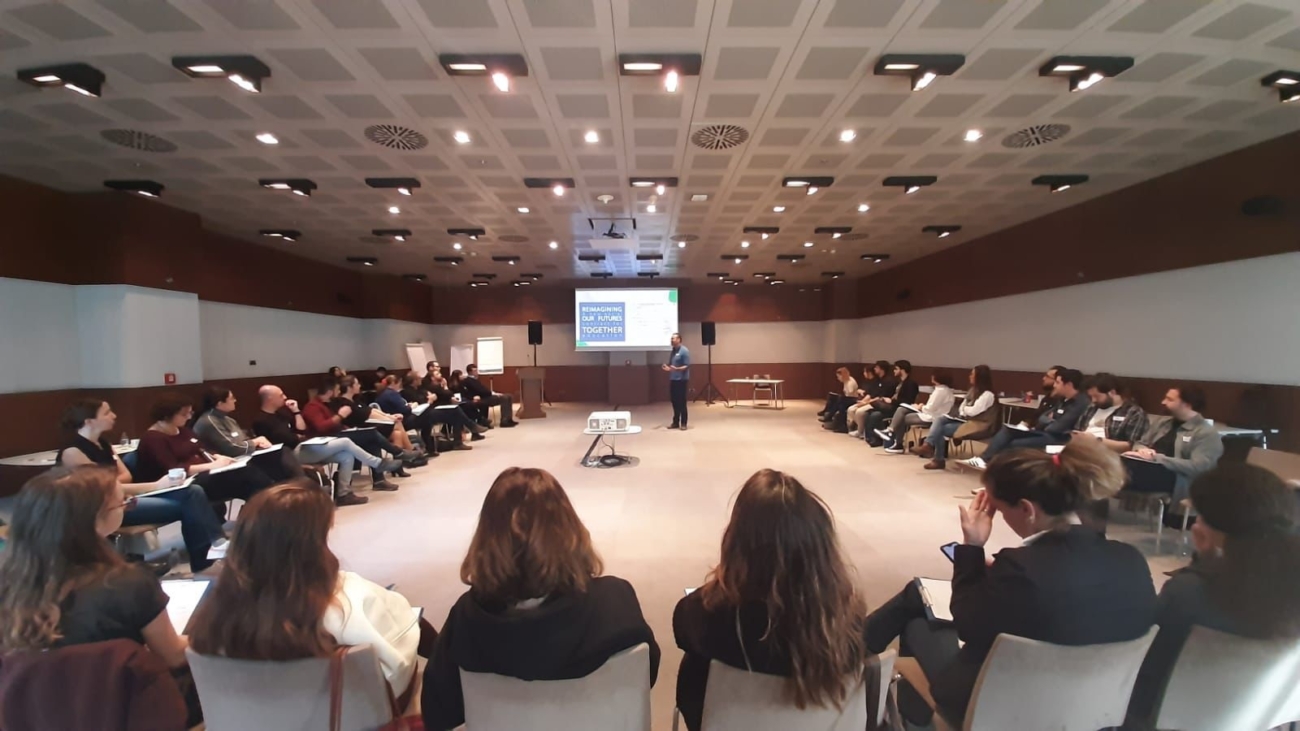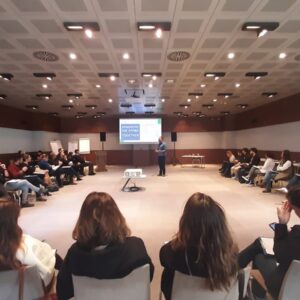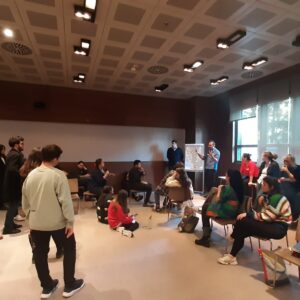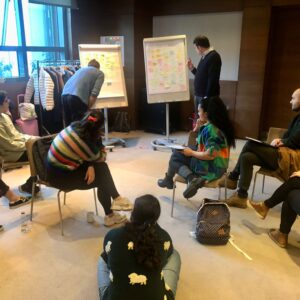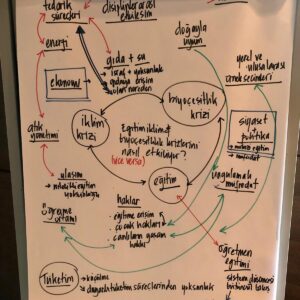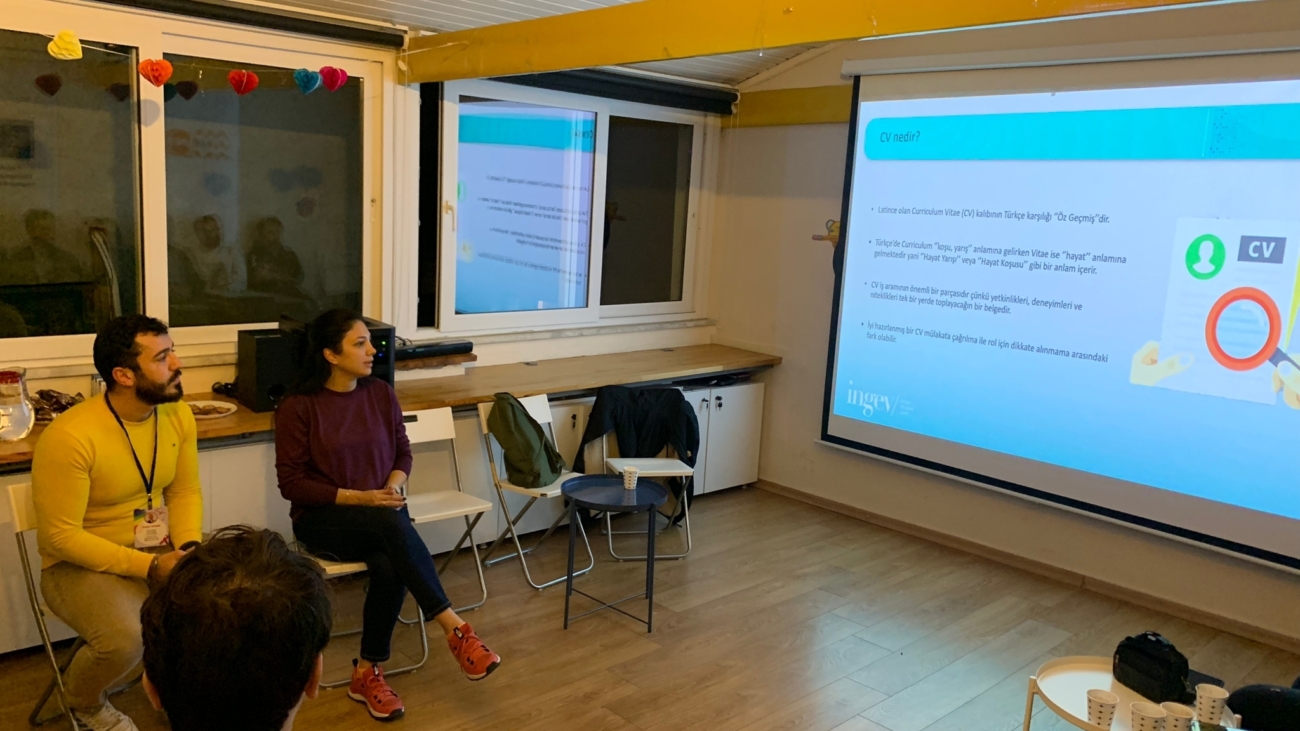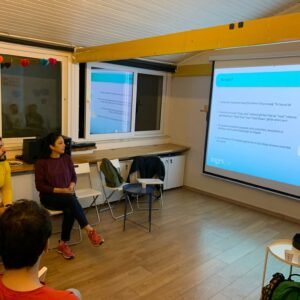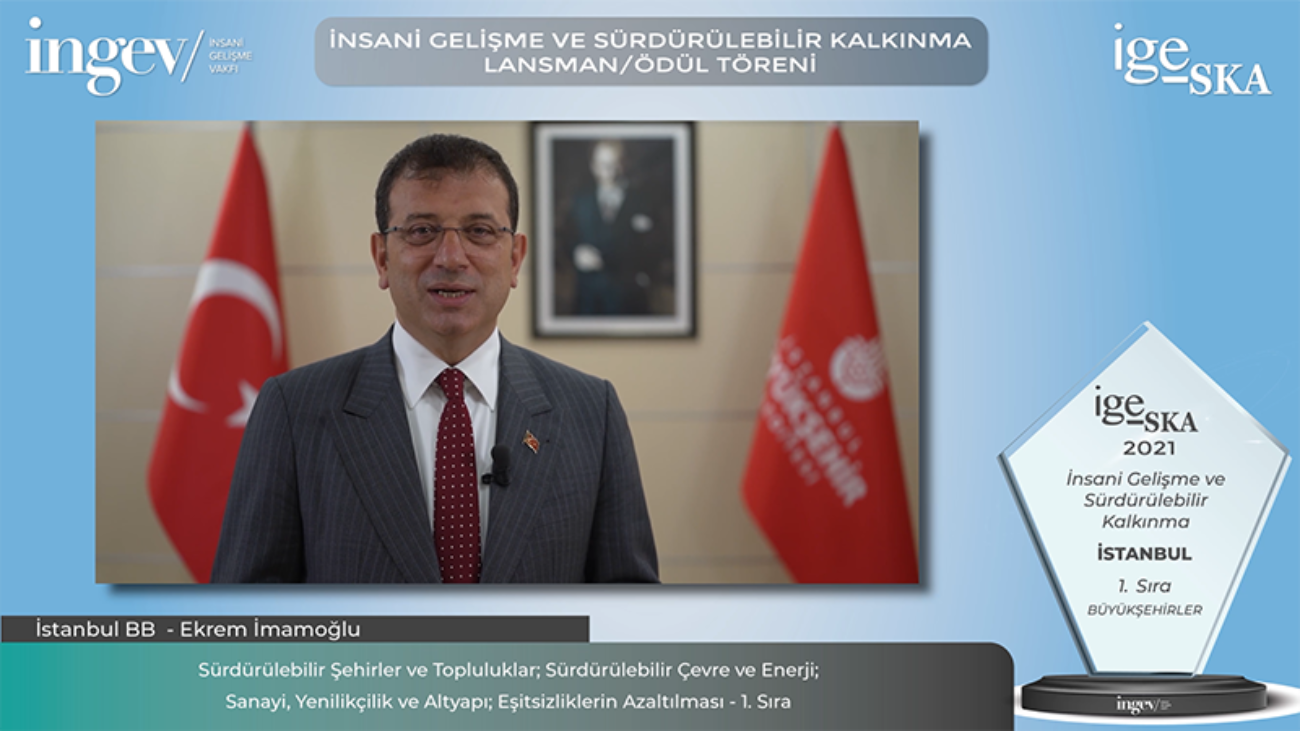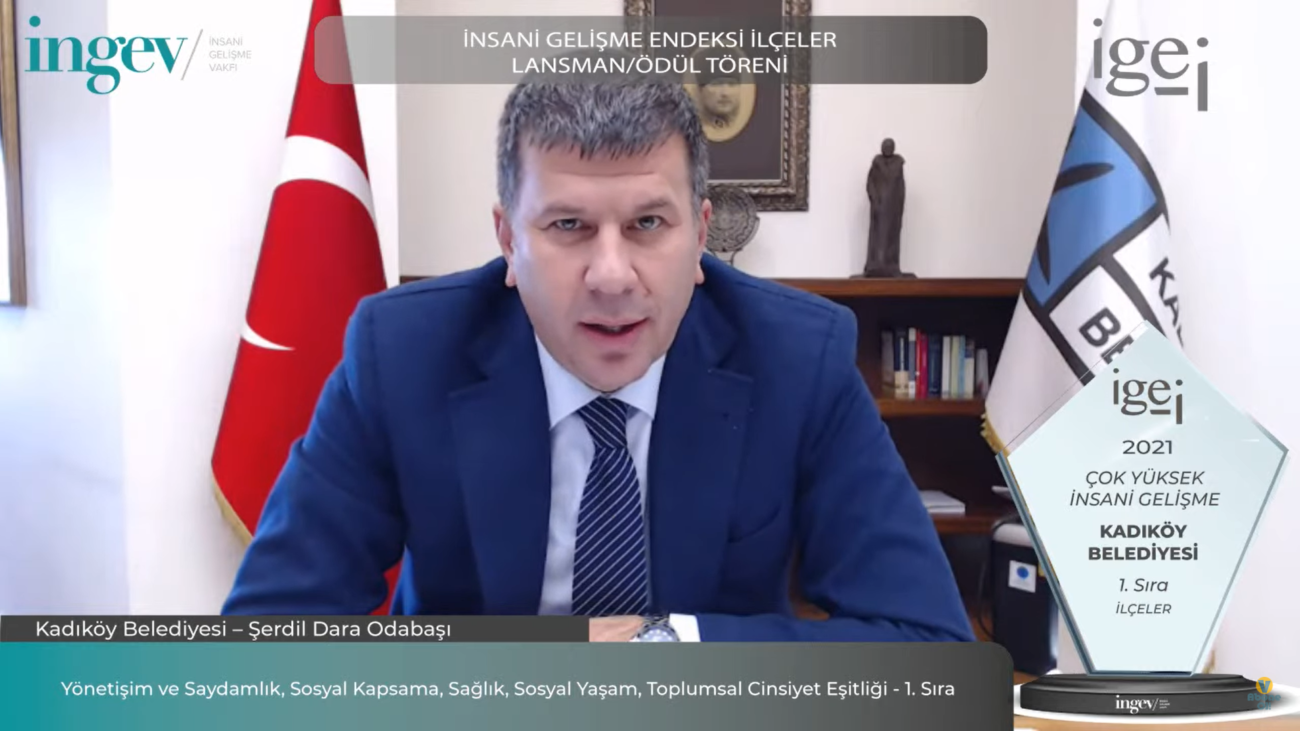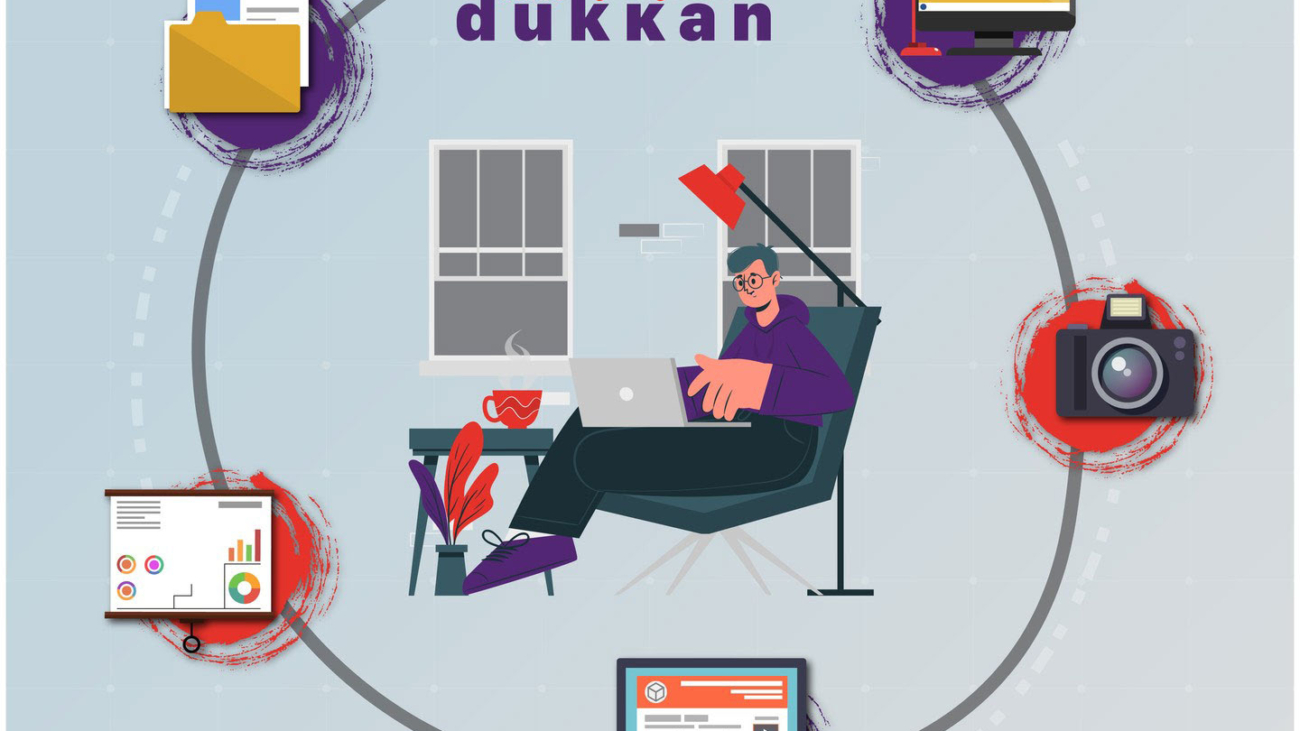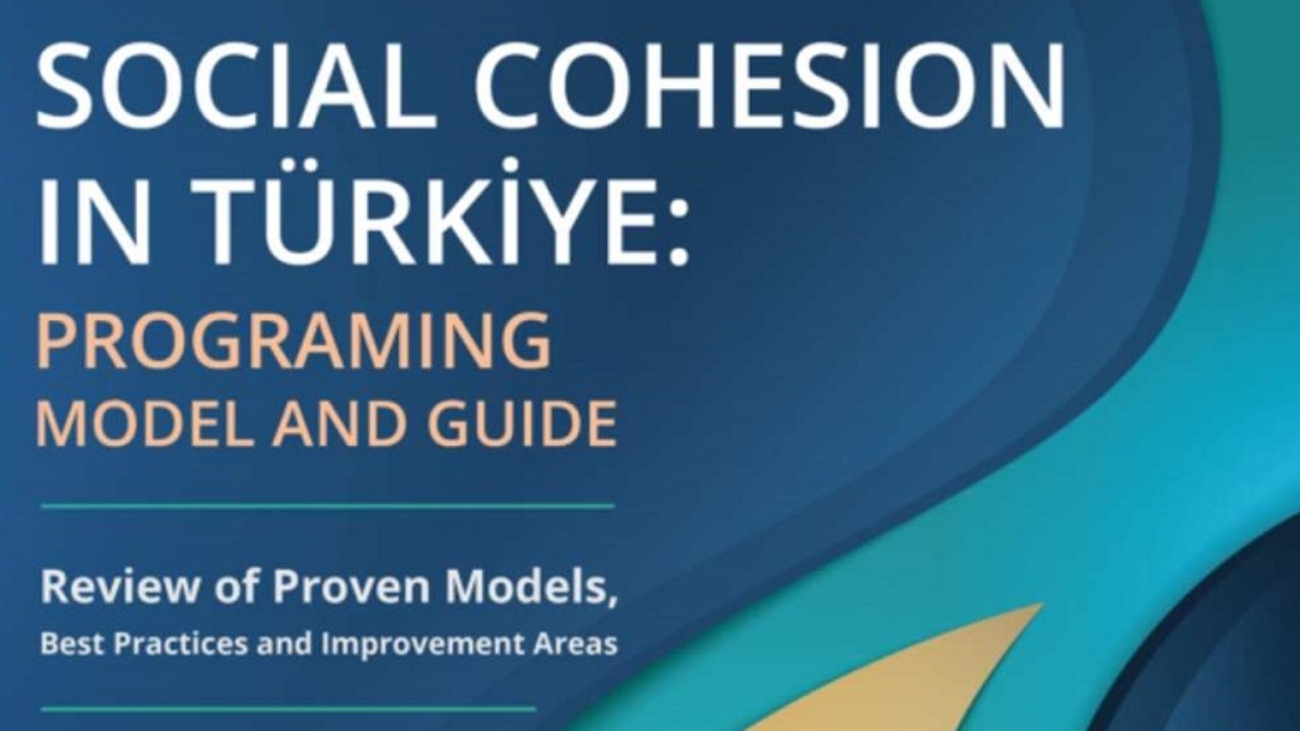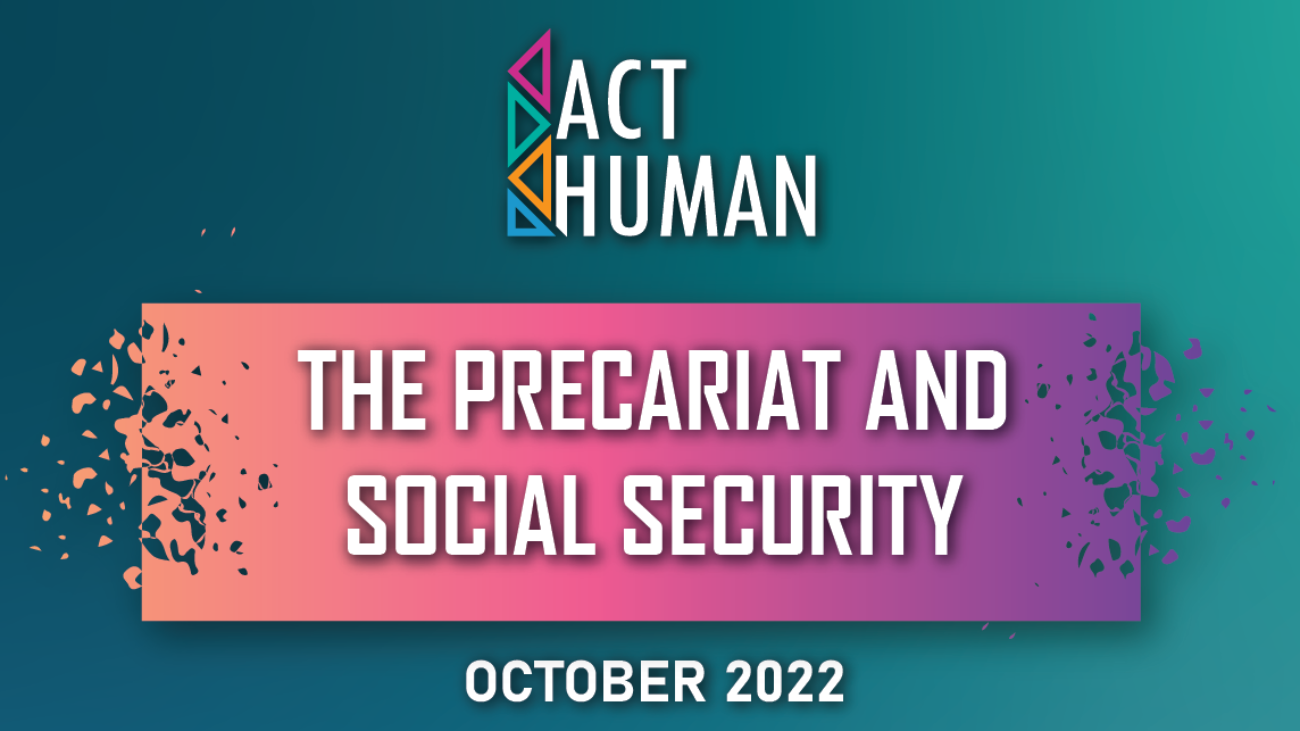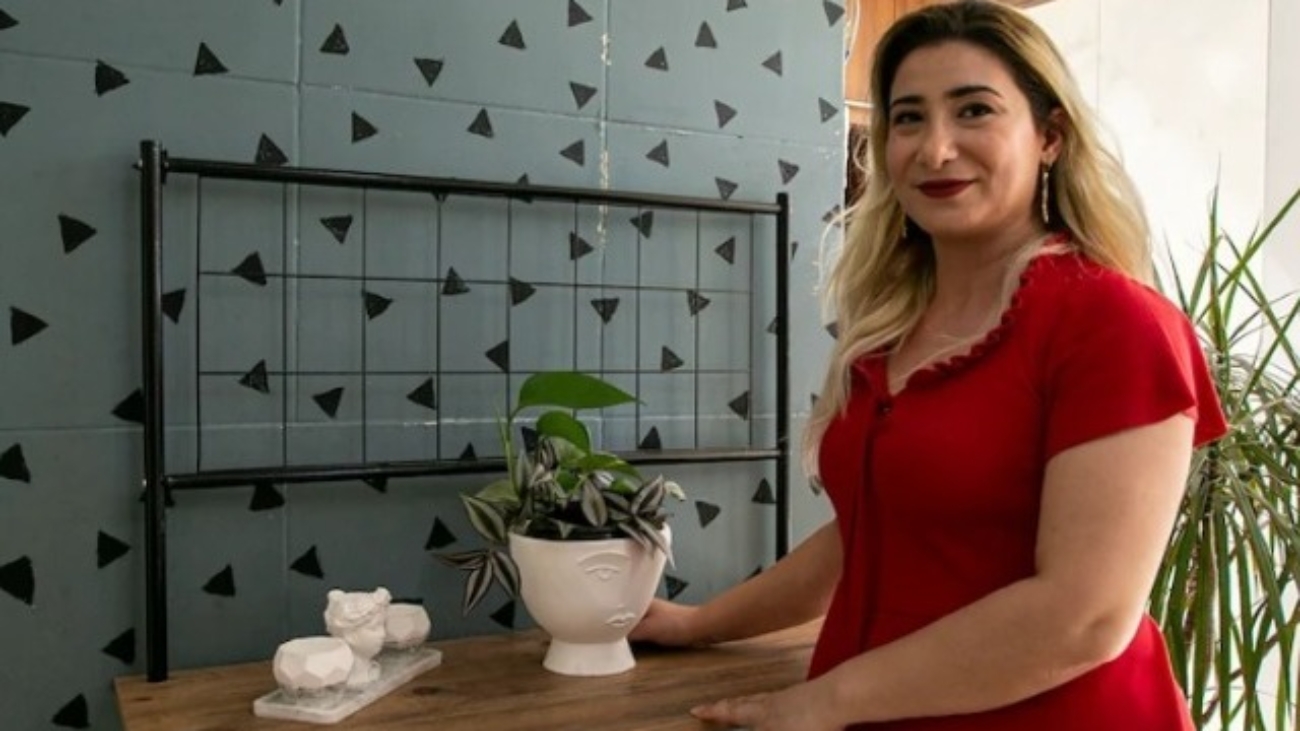One of the most important variables that will improve Türkiye’s human development level is women’s participation in the economy. According to the last global human development report, Türkiye went down by 14 places due to its weakness in this area.
UN Women’s “Strong Civic Space for Gender Equality” project implemented with financial support of the European Union, is an important initiative to support progress in this area.
As part of this project, INGEV took responsibility for bringing women who are “neither in education, employment, nor training” (NEET) into the economy; a cooperation agreement was signed with UN Women. A plaque of cooperation was presented to INGEV to commemorate the day.
At this stage, the program covers three important provinces: Mardin, Sanliurfa, and Gaziantep.
The program is called “hand in hand” (eleleyiz) to symbolize the harmonious development of employment, individual, and household income, women’s solidarity, and local business life. It will focus especially on the 18-29 age group.
It will be realized in cooperation with local governments, civil society organizations, business organizations, public representatives, universities, and other stakeholders in the region.
The project will contribute to employment in these three provinces through needs analysis, trainings, mentoring, and consultancy.
We are excited to be a part of the work for the improvement of women’s rights and gender equality.
This newsletter was created and maintained within the framework of the “Strong Civic Space for Gender Equality” project, implemented by UN Women with the financial support of the European Union. Its contents are the sole responsibility of INGEV and do not necessarily reflect the views of UN Women, United Nations, and the United Nations, any of its associated organizations, or the official position of the European Union.
